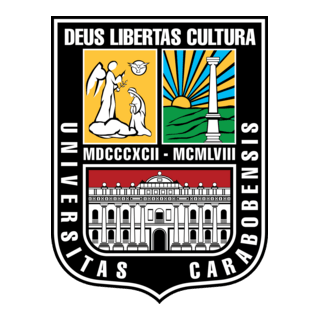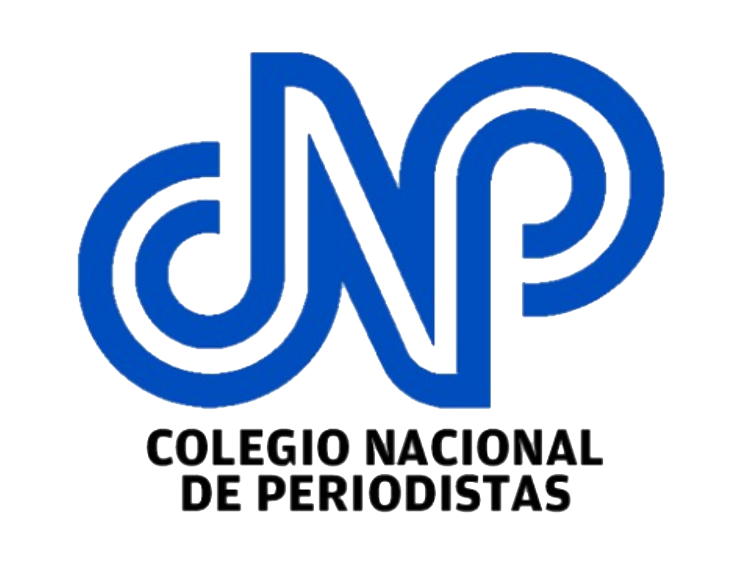Title: The Benefits of E-Government Are Underestimated by Venezuelan Municipalities
Author: Ricardo Graffe. Master's Degree in Organizational Communication Management. Social Communicator, Broadcaster, Strategic Communications Advisor, Press Agent, Speaker, In-Company Training, Undergraduate and Graduate Professor.
Institution: Universidad Arturo Michelena, Venezuela
Date: 2024
This research analyzes the limited implementation and underestimation of E-Government strategies by local governments in Carabobo state, Venezuela. It highlights how only a few municipalities—specifically San Diego and Valencia—have made moderate progress in digital public management, improving tax collection and access to basic services for nearly one million residents. However, most municipalities lack platforms for online transactions, transparency, or citizen participation.The study reveals a prevailing use of digital tools for political propaganda rather than for promoting accountability, efficiency, or public engagement. It warns of the risks posed by opacity and the absence of digital public services in fostering corruption and undermining democratic values. The research concludes with recommendations for public officials, oversight bodies, citizens, and academic institutions to embrace digital governance as a pathway toward transparency, efficiency, and inclusive democracy.
Title: The Reality of LGBTQ Marketing Campaigns
Author: Gilberto Esparragoza. Journalist. Master’s Student in BusinessAdministration, Marketing Emphasis.
Institution: University of Carabobo – Venezuela
Date: 2024-Ongoing
Gilberto Esparragoza's "The Reality of LGBTQ Marketing Campaigns" explores the difference between genuine LGBTQ+ marketing and rainbow-washing—when brands use LGBTQ+ symbols for seasonal profit without true support. The study highlights the risks of such practices in Venezuela, where LGBTQ+ rights lack legal and institutional backing.Using the 2021 Cocosette campaign as a case study, the paper shows how public backlash can reinforce stigma and harm the community. Esparragoza calls for more authentic, inclusive strategies that go beyond marketing trends to genuinely support LGBTQ+ rights.
Title: Politics and the Cult of the Dead in Venezuela
Author: Luis Alonso Hernández. General Coordinator ReJUSS-Americas. Journalist. PhD in Social Anthropology.
Institution: Southern Anthropologies Network
Date: 2021
How the veneration of the dead—particularly through the popular cult of María Lionza—intertwines with everyday life and political culture in Venezuela. The study shows how spirits of national heroes, historical figures, and even recent political leaders like Hugo Chávez become objects of devotion and spiritual consultation.The research highlights how this spiritual practice, rooted in Afro-Indigenous and popular traditions, has persisted despite attempts by the Venezuelan state and elites to suppress or stigmatize non-Catholic religious expressions. María Lionza's cult serves as a key symbol of resistance, identity, and syncretism, accommodating both ancestral spirits and contemporary figures in its pantheon.Hernández argues that the incorporation of Chávez into this spiritual system reflects broader processes of political sacralization, where charismatic leaders are mythologized and worshipped, reinforcing collective memory, power dynamics, and notions of mestizo nationalism in Venezuela.
Full viewFull viewFull viewAuthor: Ricardo Graffe. Master's Degree in Organizational Communication Management. Social Communicator, Broadcaster, Strategic Communications Advisor, Press Agent, Speaker, In-Company Training, Undergraduate and Graduate Professor.
Institution: Universidad Arturo Michelena, Venezuela
Date: 2024
This research analyzes the limited implementation and underestimation of E-Government strategies by local governments in Carabobo state, Venezuela. It highlights how only a few municipalities—specifically San Diego and Valencia—have made moderate progress in digital public management, improving tax collection and access to basic services for nearly one million residents. However, most municipalities lack platforms for online transactions, transparency, or citizen participation.The study reveals a prevailing use of digital tools for political propaganda rather than for promoting accountability, efficiency, or public engagement. It warns of the risks posed by opacity and the absence of digital public services in fostering corruption and undermining democratic values. The research concludes with recommendations for public officials, oversight bodies, citizens, and academic institutions to embrace digital governance as a pathway toward transparency, efficiency, and inclusive democracy.
Title: The Reality of LGBTQ Marketing Campaigns
Author: Gilberto Esparragoza. Journalist. Master’s Student in BusinessAdministration, Marketing Emphasis.
Institution: University of Carabobo – Venezuela
Date: 2024-Ongoing
Gilberto Esparragoza's "The Reality of LGBTQ Marketing Campaigns" explores the difference between genuine LGBTQ+ marketing and rainbow-washing—when brands use LGBTQ+ symbols for seasonal profit without true support. The study highlights the risks of such practices in Venezuela, where LGBTQ+ rights lack legal and institutional backing.Using the 2021 Cocosette campaign as a case study, the paper shows how public backlash can reinforce stigma and harm the community. Esparragoza calls for more authentic, inclusive strategies that go beyond marketing trends to genuinely support LGBTQ+ rights.
Title: Politics and the Cult of the Dead in Venezuela
Author: Luis Alonso Hernández. General Coordinator ReJUSS-Americas. Journalist. PhD in Social Anthropology.
Institution: Southern Anthropologies Network
Date: 2021
How the veneration of the dead—particularly through the popular cult of María Lionza—intertwines with everyday life and political culture in Venezuela. The study shows how spirits of national heroes, historical figures, and even recent political leaders like Hugo Chávez become objects of devotion and spiritual consultation.The research highlights how this spiritual practice, rooted in Afro-Indigenous and popular traditions, has persisted despite attempts by the Venezuelan state and elites to suppress or stigmatize non-Catholic religious expressions. María Lionza's cult serves as a key symbol of resistance, identity, and syncretism, accommodating both ancestral spirits and contemporary figures in its pantheon.Hernández argues that the incorporation of Chávez into this spiritual system reflects broader processes of political sacralization, where charismatic leaders are mythologized and worshipped, reinforcing collective memory, power dynamics, and notions of mestizo nationalism in Venezuela.



